04. Sep 2023
Smart home technology will change the way we live
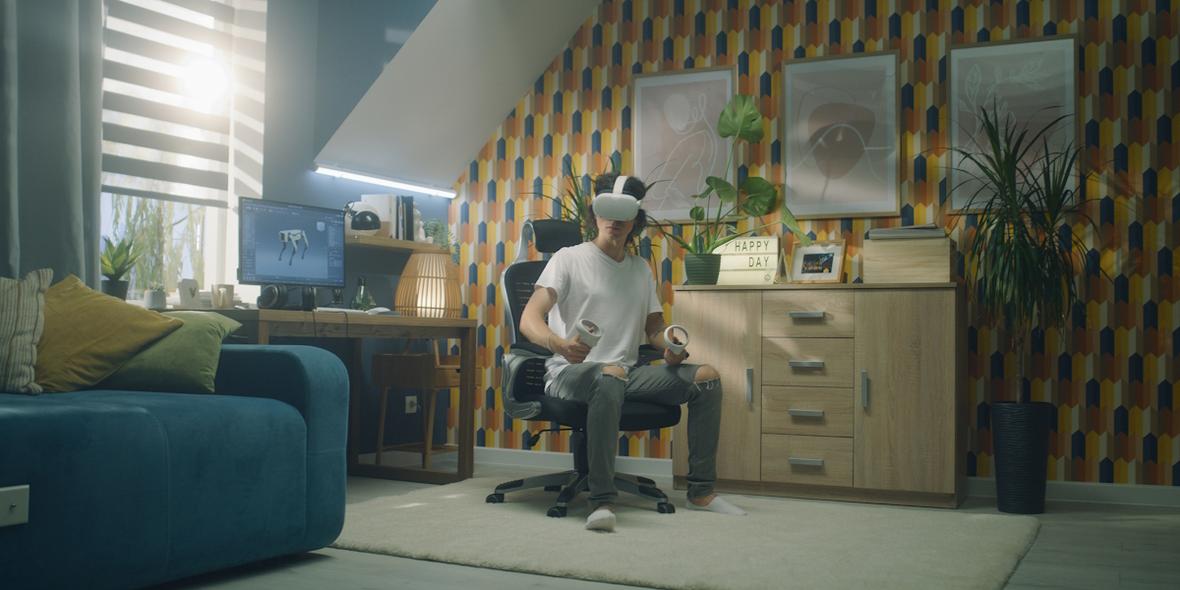
Though smart speakers are oftentimes still seen as a party trick, we are slowly entering an era of home automation where homeowners truly interact and even co-exist (instead of commanding) with their smart devices. What does the (near) future hold for us? Let’s take a look!
We’ll be able to live longer independently
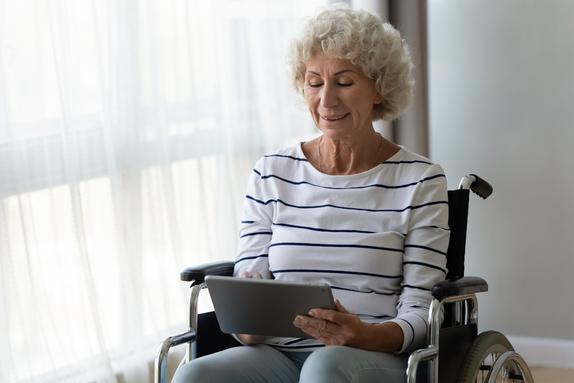
Aging is one of the main reasons why we move. As we grow older and start to face mobility and memory challenges, the house we used to very comfortably live in, suddenly doesn't match our needs anymore. Smart technology would be able to offer a solution to help elderly age in their own place and support them in their daily activities. Enabling them to live out their old day in their own house. aging in place.
Voice assistants allow the homeowners to directly communicate their needs with an actuator of other smart devices. Meaning that a elderly homeowner doesn’t have to get up just to turn the heating or lights on. Besides, they can also help with tasks like setting reminders for medication, answering questions, reading news or audiobooks etc.
Falls are a common concern for elderly individuals, and a smart home can help address this issue. Wearable devices equipped with fall detection capabilities can automatically detect a fall and trigger an emergency response. Smart home systems can be integrated with emergency call systems, automatically contacting emergency services or notifying designated contacts in case of a fall or other emergencies. Remote health monitoring systems and emergency call features provide reassurance to both older adults and their loved ones, enabling them to maintain independence and stay connected. This technology is already pretty common in retirement homes, but perfectly applicable in private homes as well.
We’ll regain ownership of our energy consumption
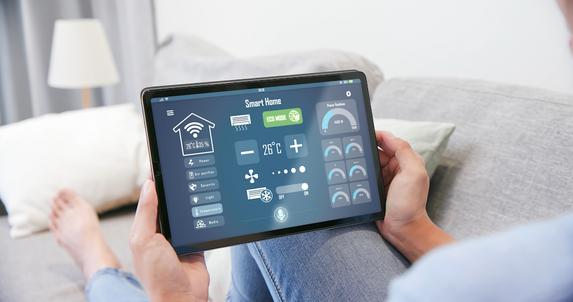
With the most recent energy crisis, we got a heavy wake-up call regarding our energy use, and more importantly, its price tag. We simultaneously put our thermostat at least 2 degrees lower, in the hopes of limiting our bills. What if there was a way to monitor your energy consumption all year round?
Energy monitoring devices provide homeowners with real-time data on energy usage, helping us make informed decisions to reduce waste and lower utility bills. These systems can track energy consumption at a granular level, breaking it down by device, appliance, or area of the house.
By visualizing our energy usage patterns, we can gain a deeper understanding of where energy is being consumed and identify areas for optimization. Other recommendations may include adjusting usage habits, identifying energy-efficient appliances, or suggesting upgrades to more energy-efficient alternatives.
Besides monitoring, we actually want to take action in optimizing our energy use. Introducing: energy management tools. Smart thermostats, for instance, are just one of the many appliances of smart energy management. They can learn our preferences and routines, resulting in an adjustment of temperature settings to save energy when we're out of the house. Connected to a weather station, they can anticipate the warmth provided by the sun at certain times of a day. Smart lighting systems can detect occupancy and adjust lighting accordingly.
Smart technology has been promoting energy-conscious living ever since the arrival of renewable energy. Smart homes today can easily integrate with renewable energy sources like solar panels or wind turbines. By monitoring energy production and consumption, homeowners can optimize the usage of self-generated renewable energy. Smart systems can automatically prioritize the utilization of renewable energy when available or provide insights into the financial and environmental benefits of generating clean energy.
We’ll no longer use the phrase “I’m not at home right now”
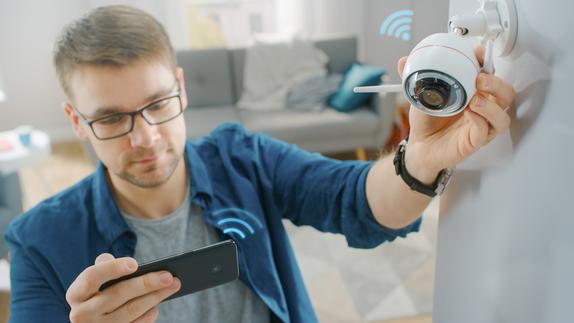
We all know the feeling of wondering if you left the lights turned on upon leaving the house. Or, getting a notification that your package will be delivered, but you’re at work. On both occasions, it's very inconvenient to not be able to be in two places at once. But no more, as smart technology enables remote access and control of our homes. With the use of mobile apps, homeowners can monitor and control various aspects of their homes from anywhere in the world. Whether it's adjusting the thermostat, checking security camera feeds, or unlocking doors for a visitor, remote access provides us with the ultimate convenience. Remote controls can also work proactively, sending a warning to homeowners when in-house sensors detect unexpected activity in or around the house.
Remote control is currently already very accessible for the average household. The form of accessing your home from any distance might change severely. Think of mobile cameras, VR technology, or even robots.
In summary, smart technology has the potential to transform our homes into more convenient, energy-efficient spaces, equipped with personalized automations. As these technologies continue to advance, we can expect even more innovative solutions that enhance our daily lives and redefine the way we interact with and our expectations of personal spaces.
Highlights
-
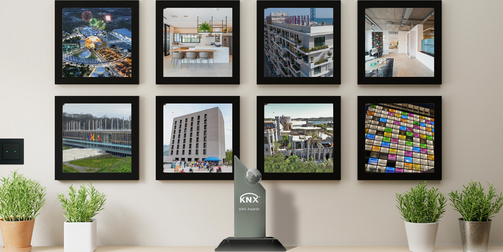 News
NewsYou can now apply for the KNX Awards 2024!
The KNX Awards is a long-standing competition that puts the smartest KNX home and building projects in the picture. Hand in ... -
 News
NewsThe KNX Journal 2024 is now available
The latest edition of our annual smart home and building solutions magazine has arrived. The KNX Journal 2024 offers ... -
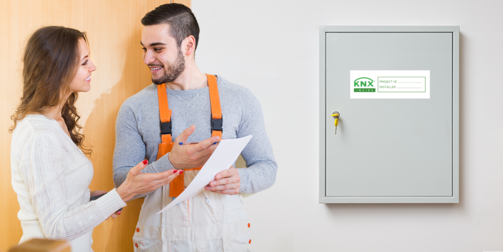 News
NewsBoost your business with the KNX Toolkit for Professionals
Are you a professional looking to bring your KNX business to the next level? KNX Association has just the thing for you – ...
